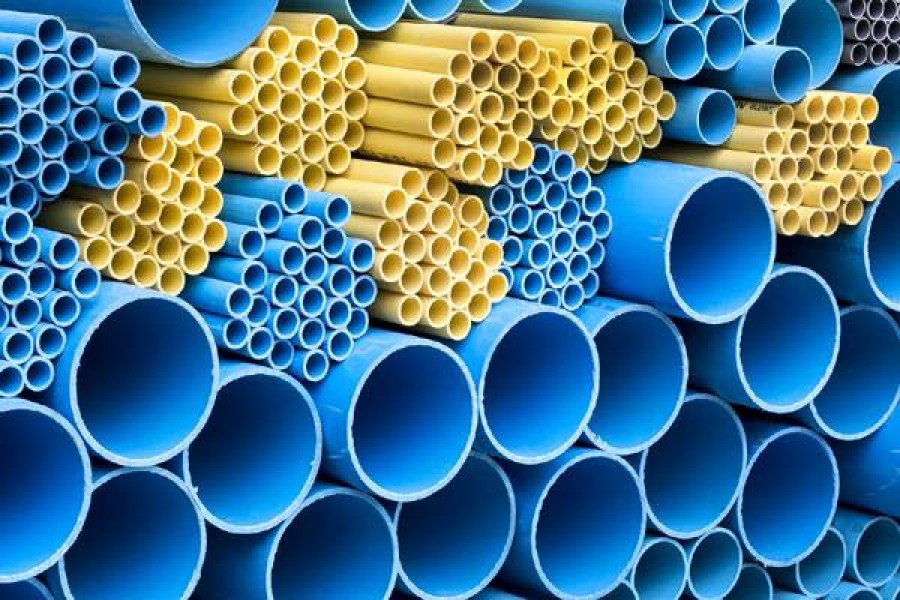
Published :
Updated :

Price spike of plastic raw materials throughout global supply chains on which local corporate businesses depend may contribute to non-food inflationary pressure on Bangladesh’s economy.
Business sources say apart from pipes fittings, two other building materials -- rod and cement -- also see price surges. As such, huge public-works projects are also apprehended to take a knock through deceleration of execution.
The latest distortions to these supply chains stoke questions regarding the threat that inflation poses to robust consumer spending and rebounding corporate earnings in the economic recovery process.
Such fears were being aired fresh from a string of firms this week, as they already feel the pinch of disruptions to a gamut of economic activities like production, supply and freight forwarding as fallout from the coronavirus pandemic.
Anwar Group of Industries is one of the corporations feeling left in the lurch amid price spiral of the ingredients of pipes, fittings and so that are used in an array of industries and businesses. The group Thursday blamed abnormal price rises of some key raw materials, including resins, which pressed it to go for raising prices of uPVC pipes and fittings on the local market.
These uPVC pipes and fittings are important industrial elements of the country's growing real-estate sector that sees a pickup after a prolonged slump because of the pandemic.
The group, one of the oldest corporations of Bangladesh, said the blockbuster rises in resin prices on the international market and its allied materials would add up almost US$44 million, up 126 per cent from October mark, to the 20-plus-growth industry (pipes and fittings).
The resin prices are now hovering around US$2150 to $2200 per tonne.
"The price of the ingredient jumped by 126 per cent on the international market simply because of supply shortages in the major growing nations, including China and Taiwan," said Md. Abdur Razzak, general manager (sales and marketing) of Anwar Group.
Asked which ingredients and supplies found difficult to secure, Mr Razzak said: "All of them." His brand is A1 polymer.
Market-insiders say that shipping freights have surged manifold on the back of container shortages in the global shipping industry.
Md. Mahmudul Islam, executive director at National Polymer, one of the leading producers of the uPVC pipes and fittings in Bangladesh, told the FE that container crisis worsened the supply-chain problem.
Mr Islam said: "Global supply-chain problem, from factory closures in China, Taiwan and the USA, triggered by the coronavirus pandemic contributed to decline in global production."
He said government development works may be impacted as the contractors may delay implementing works on grounds of rise in the prices of the pipes and other construction materials.
Mr Islam says their sales in rural areas have dropped following surges in the retail prices of the pipes.
"There were huge demands for our tube-well pipes in the rural areas, but it now dropped significantly as a result of its higher prices."
Kamruzzaman Kamal, director (marketing) at Pran-RFL, says that they will adjust prices upward apace with the international market.
On the other hand, the Anwar Group executive said that they have been struggling to survive amid the huge spikes in prices of the raw materials.
They may adjust the prices in the next quarter again, he foretold.
The market of uPVC and fittings is worth around Tk 50 billion. There are around large 50 factories, with Pran-RFL in the leading position.
jasimharoon@yahoo.com


 For all latest news, follow The Financial Express Google News channel.
For all latest news, follow The Financial Express Google News channel.